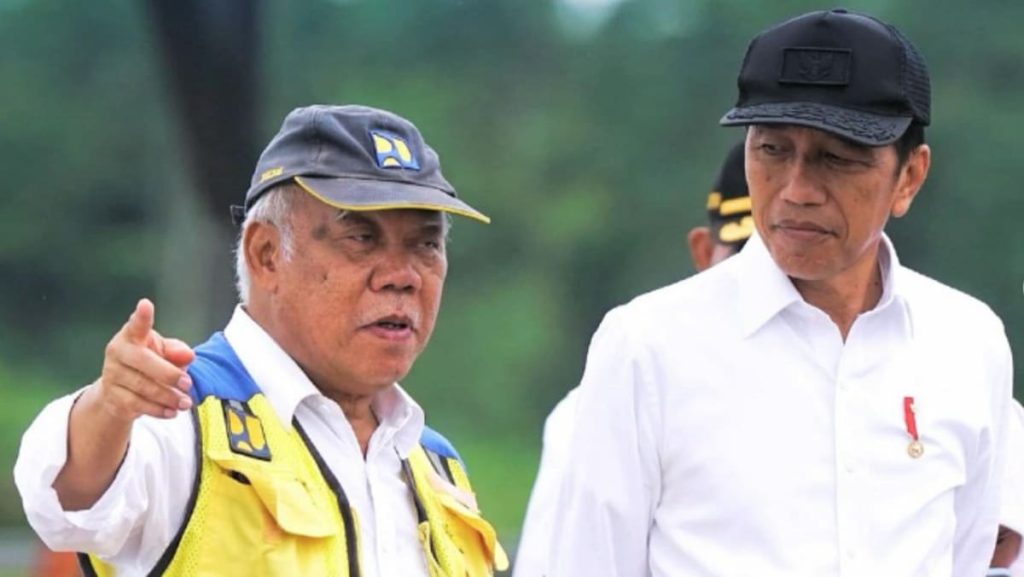The head of the Nusantara Authority, Indonesia’s new capital city, and his deputy recently resigned from their positions, sparking intrigue among political observers. Some believe the resignations may be due to disagreements with President Widodo over the funding and implementation of the Nusantara project. A political analyst noted a lack of synchronization between the president’s policies and those of his ministers, attributing this to rushed decision-making and a lack of consideration for the national situation and public interest.
President Widodo’s legacy has been overshadowed by various controversial issues, including changes to the country’s constitutional laws that resulted in his son being elected as the incoming vice-president. Additionally, his relationship with the party that supported his political rise, the PDI-P, was strained after he endorsed a different candidate for the recent election. With no political party backing him, Widodo’s loyal supporters are dwindling as he nears the end of his term. This has led to the formation of new political forces, with Widodo’s influence waning as he lacks strong political support for negotiations.
As Widodo’s term comes to a close, analysts suggest that he should be mindful of the policies he leaves behind for the incoming administration led by Prabowo. It is crucial for him to ensure that his populist policies align with the needs of the people and can be continued by the next administration. As Widodo transitions out of office, there is a concern that his policies may pose challenges for the Prabowo administration if they are not relevant or sustainable in the long term. It is essential for Widodo to consider the implications of his decisions on the continuity of governance in Indonesia.
Overall, the resignations within the Nusantara Authority, combined with the controversies surrounding Widodo’s legacy, signal a period of transition and uncertainty in Indonesian politics. The lack of synchronization between policies, strained political relationships, and the need for careful consideration of policy continuity all point towards a pivotal moment in Indonesia’s political landscape. As Widodo navigates the end of his term, the decisions he makes and the legacy he leaves behind will have a lasting impact on the country’s future governance and direction.
In conclusion, the political landscape in Indonesia is undergoing significant changes as Widodo’s term comes to an end. The resignations within the Nusantara Authority, controversial issues surrounding Widodo’s legacy, and the lack of political support all contribute to a period of uncertainty in Indonesian politics. It is crucial for Widodo to carefully consider the policies he leaves behind for the incoming administration and ensure that they align with the needs of the people and are sustainable in the long run. The decisions made during this transitional period will shape the future of Indonesia and its governance for years to come.


